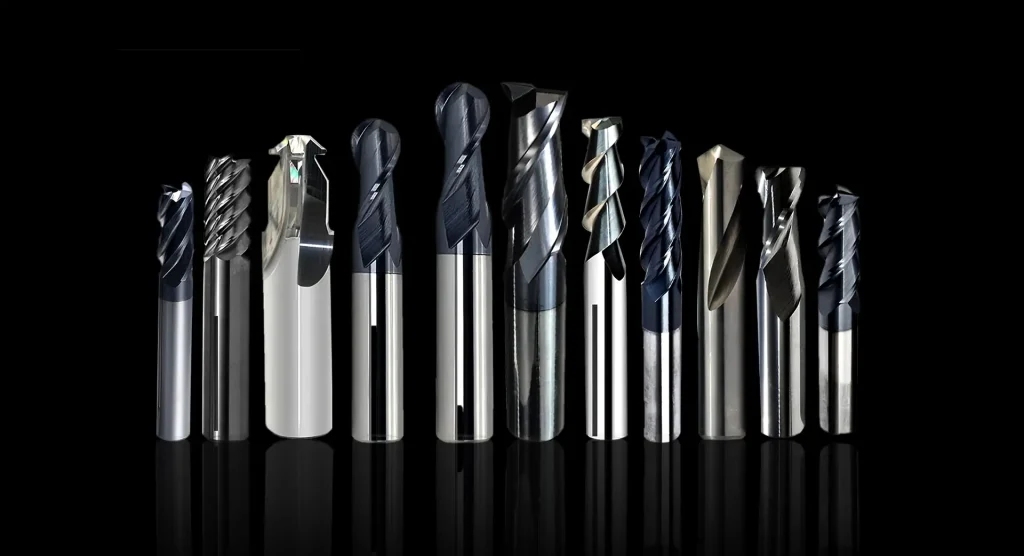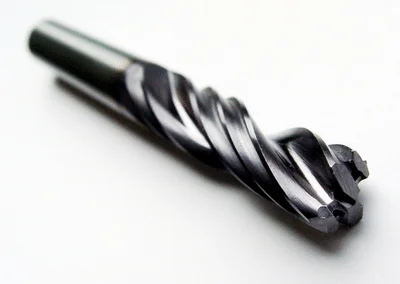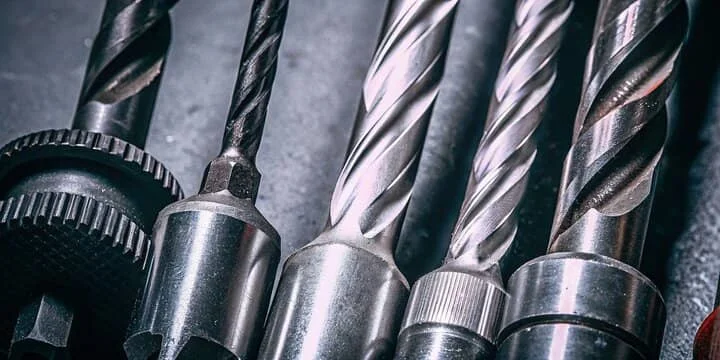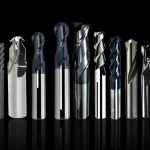Drilling into hard metal can be a daunting task if you don’t have the right tools. Selecting the correct drill bit is crucial for efficiency and precision. Whether you are a DIY enthusiast or a professional craftsman, understanding the various options available will help you make informed decisions.
Selecting the right drill bit material can significantly impact your drilling experience. Here are some common materials used in drill bits that are suitable for hard metals:
High-Speed Steel (HSS) Drill Bits
High-speed steel, or HSS drill bits, are a popular choice due to their versatility and durability. These bits are capable of drilling through a variety of metals and are often coated to enhance performance and longevity.
Cobalt Drill Bits
Cobalt drill bits contain a percentage of cobalt, making them harder and more resistant to high temperatures than standard HSS bits. They are particularly effective for drilling stainless steel and other hard metals. Their durability ensures that they last longer, even with frequent use.
Carbide Drill Bits
Carbide drill bits are among the hardest available and are designed for drilling the toughest metals. While they can be more expensive, their superior strength and longevity make them a worthwhile investment for heavy-duty metal drilling tasks.
Selecting the Right Drill Bit
Consider the Metal Type
Before selecting a drill bit, consider the type of metal you will be drilling. Softer metals may not require the hardest drill bits, while harder metals, like stainless steel, may demand the strength of cobalt or carbide bits.
Drill Bit Size and Shape
The size and shape of the drill bit are also critical. Smaller bits are ideal for precision work, while larger bits are better suited for creating larger holes. Consider the project requirements to choose the right size and shape.
Coatings and Finishes
Many drill bits come with coatings that can enhance their performance. For instance, titanium or black oxide coatings reduce friction and increase the drill bit’s lifespan. Assess these additional features to find a drill bit that meets your specific needs.
Tips for Drilling Hard Metals
To achieve the best results when drilling hard metals, remember to use a steady hand and maintain a consistent speed. Applying cutting fluid can reduce heat and friction, prolonging the life of your drill bit and ensuring a cleaner cut.
In conclusion, choosing the right drill bit for hard metal involves understanding the materials, sizes, and coatings available. By selecting the appropriate drill bit, you can make metal drilling more efficient and precise. Whether you opt for high-speed steel, cobalt, or carbide drill bits, each has its own advantages tailored to different tasks. Happy drilling!“`











